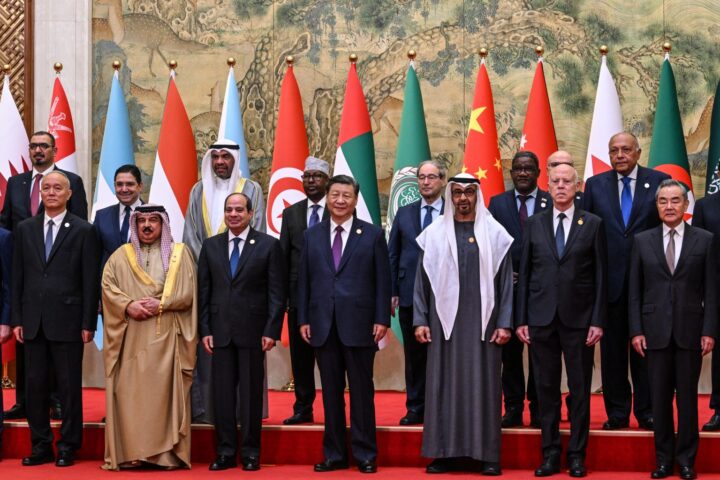Rallying Support For Israel’s Budget
In a surprise move this week, a convalescing Benjamin Netanyahu, the former Prime Minister of Israel, left his hospital bed to rally support for Israel’s budget. This dramatic gesture underlines the high stakes involved and the potential impact on global markets.
The bill, a wartime austerity package of tax hikes and spending cuts, passed narrowly but the opposition was another sign of ever-widening cracks in Netanyahu’s coalition, the furthest right in Israel’s history.
What is the backdrop?
Israel has been in the throes of a fiscal crisis, with no state budget approved since 2018. Political squabbling has stalled progress, resulting in a long-standing stalemate. The current coalition government, led by Naftali Bennett, has been trying to push through a 2023-2024 budget, but opposition from Netanyahu’s Likud party has hindered progress.
Why did Netanyahu intervene To Support Israel’s Budget?
Netanyahu, currently on trial for corruption charges and recently hospitalized for a suspected heart condition, has been noticeably absent from the political scene. His sudden intervention is seen as a strategic move to consolidate power within his party and exert influence over the national budget. According to a Haaretz report, Netanyahu sees the budget as a pivotal issue, which could potentially break the current coalition government if not approved.
What is the global impact?
The budget impasse in Israel carries substantial implications for international investors and markets. Israel’s status as a tech powerhouse, coupled with its strategic geopolitical location, makes its economic stability a matter of global interest. An approved budget could reassure investors and stimulate economic growth. Conversely, continued deadlock could trigger a fiscal crisis, negatively affecting Israel’s credit rating and causing ripple effects across global markets.
The World Bank, in its recent report on Israel, underscored the importance of the budget approval for the country’s economic recovery amidst the COVID-19 pandemic. The budget, which includes substantial investments in infrastructure and social services, is expected to stimulate domestic demand and create job opportunities – essential for the country’s economic revitalization.
What’s next?
The immediate future will see intense negotiations within the Israeli Knesset. Netanyahu’s intervention could either facilitate a breakthrough or deepen the impasse. His ability to rally support around the budget will be a litmus test of his political clout in the post-prime ministerial phase.
Final Thoughts
In a broader sense, the budget standoff is a microcosm of the political fragmentation that has beset Israel for years. The impact stretches beyond its borders, with potential consequences for global markets and international relations. As Netanyahu, the political veteran, steps back into the limelight, the world watches with bated breath. His next moves could determine not just the fate of Israel’s budget but also shape the country’s political and economic trajectory in the years to come.
With the clock ticking and the stakes high, the coming weeks will be crucial. Netanyahu’s rallying cry may just be the catalyst needed for a breakthrough, or it could plunge Israel deeper into the quagmire. As global investors watch closely, the future of Israel’s economy hangs in the balance, and the impact will be felt far beyond its borders.







